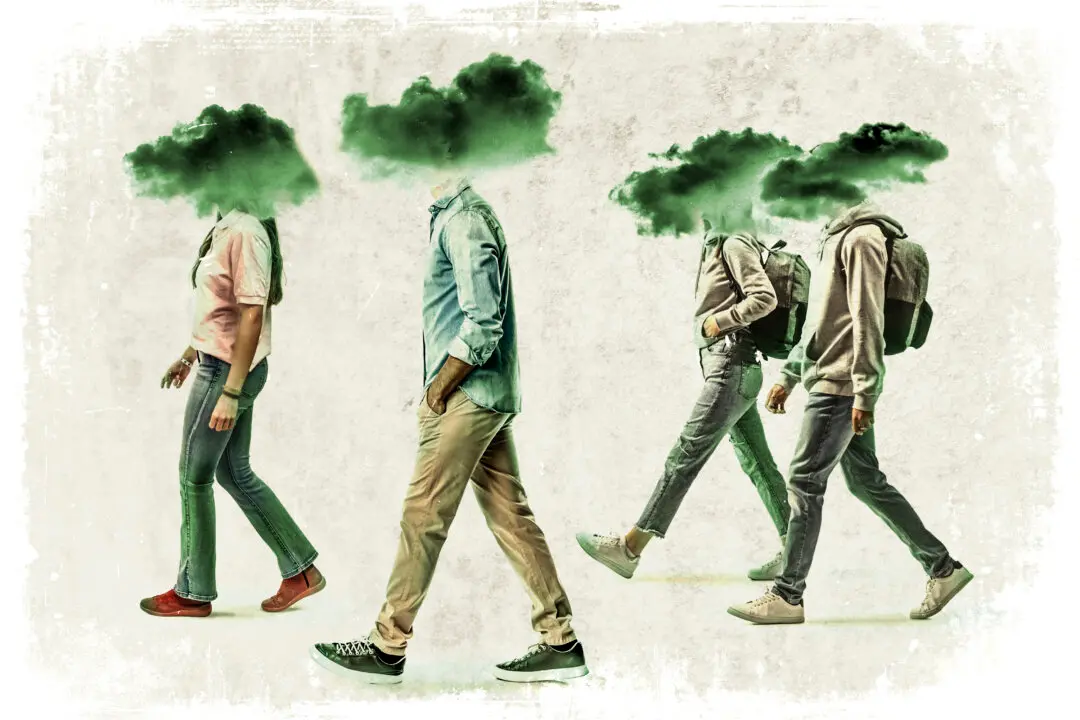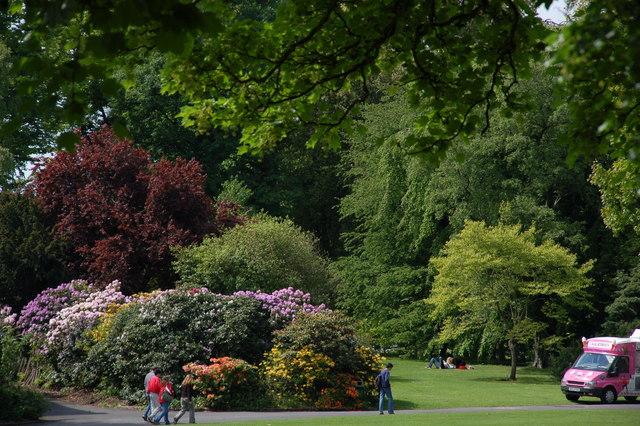As the border wall with Mexico that President Trump is building gains greater and greater attention, so too has the early 20th-century poem by American poet Robert Frost, “Mending Wall.” The poem takes issue with the old proverb “good fences make good neighbors,” which happens to be precisely the same proverb that Vice President Mike Pence has used in the past to describe the border wall with Mexico.
Pence said, “But you know, there’s an old saying in Indiana that good fences make good neighbors. And the way we can be good neighbors is with strong leadership in the United States as a start.”






